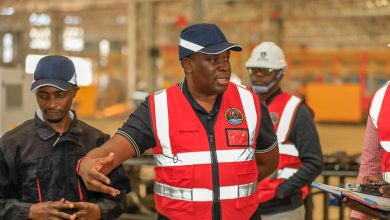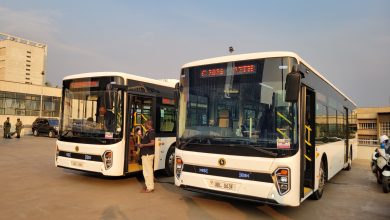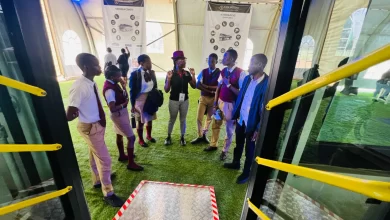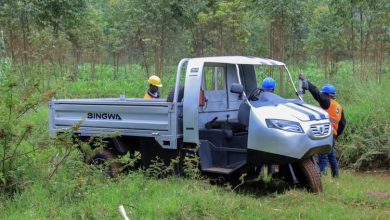Caring for a large family nearly broke me down – mother of 14
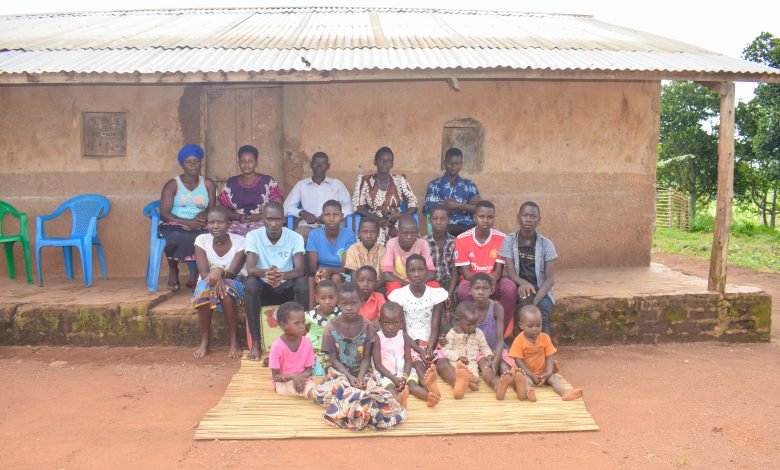
When you first walk into the home of Birungi Malirweki, 56, you may think it’s the favorite play area for most of the children in the neighborhood, but in fact, all the children are either her own or her grandchildren. Altogether Birungi caters for an extended family of over 25 people, all staying in the same household, she had 14 biological children, something she says nearly broke her back.
“For most people, raising just one child can be stressful enough especially in an area like this where most of us are peasant farmers. Having over 10 children to take care of kept me constantly worried and stressed. Feeding them, clothing them, paying their school fees and other necessities were beyond my means,” says Birungi, a resident of Nyakatehe 2 village, Kyangwali Sub County in Kikuube District.
The rigors of having a large family took a heavy toll on Birungi’s mental health; she became short tempered and in a constant state of despair. The situation was worsened when her husband got a second wife, leaving Birungi to take care of the family on her own. The strenuous atmosphere in the family also spread to her children who without a father figure and adequate supervision became ill-mannered and insolent. “Farming is our only source of food and income so I spend most of the time in the garden.
Most of my children began ignoring my instructions to do chores or go to the garden with me. I always responded by caning them but no amount of punishment could ever put them in line. Even the community gave me reports of how my children had destroyed people’s property in the neighborhood, all of this nearly broke me down,” she recalls.
The turning point in Birungi’s life came when the Game Connect Project was rolled out in the Kyangwali Refugee Settlement in Kikuube District. Julius Ssebatta, a coach with the project, approached the family to tell them about the benefits of joining Game Connect. According to Birungi, Coach Julius did a good job of explaining to her the impact of constant stress on the mental health of both herself and her children. She did not think twice about joining the project, but she was more worried about her stubborn children.
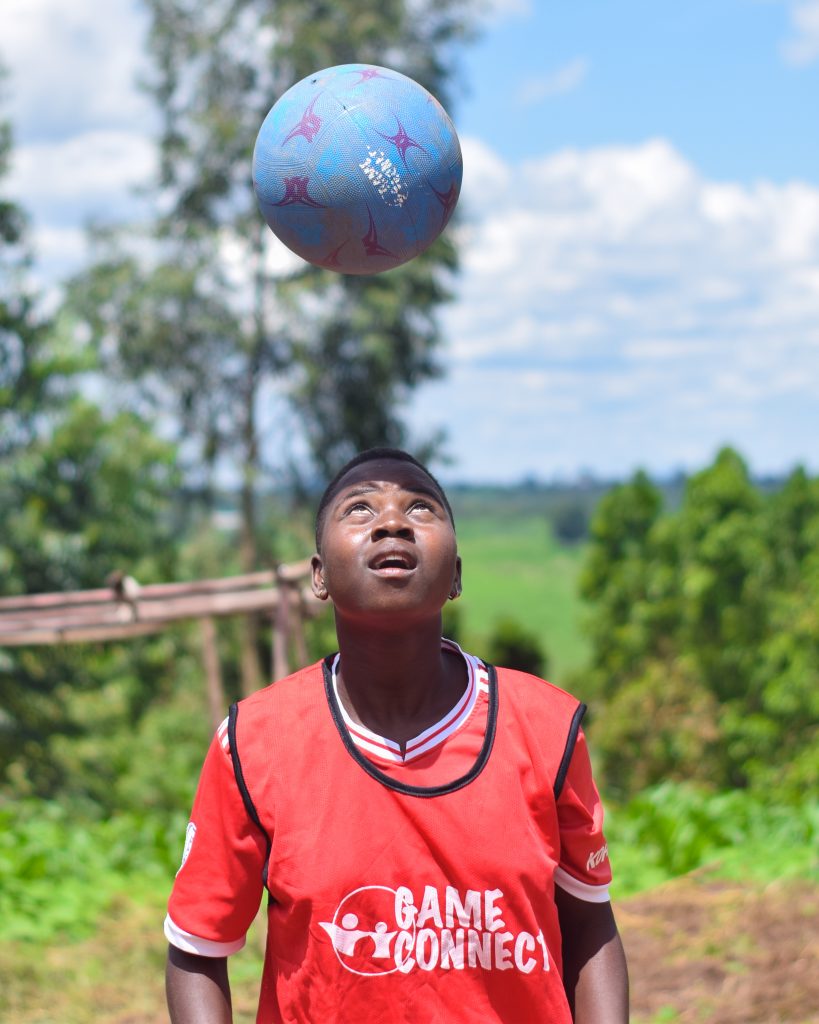
“I appreciate the efforts of Coach Julius and the entire Game Connect team. I told him that my children never listened to me so I may not be able to convince them to join. But Coach Julius managed to talk to all of them, and surprisingly they accepted. To me that was the first sign that this project has the capacity to improve our lives,” Birungi narrates.
As a caretaker, Birungi and other members in the host community underwent mental health and psychosocial support sensitizations that were supplemented by a series of life skills sessions such as coping with stress, conflict resolution among others. The caregivers were able to share their problems with each other, something Birungi believes helped her take a lot off her chest.
“Having someone to share my problems with was a major relief to me. I learnt that I wasn’t the only one suffering but most importantly, that I wasn’t alone in need of relief and healing. The coaches and members of our group supported each other very well, and the sports activities like netball made us both physically and mentally fit. My appetite improved, and I also began to sleep better,” says Birungi.
She also noticed a change in the behavior of her children after joining Game Connect. Surprisingly, even the most stubborn developed a love for football and they travelled to Kampala for the first time to play in a Game Connect Annual Tournament.
The Game connect is a sport for protection intervention implemented by AVSI Foundation in a consortium with Right to Play, Youth Sport Uganda, Uganda Olympic Committee and the United Nations High Commissioner for Refugees (UNHCR) , funded by the Olympic the Refuge Foundation (ORF) with additional funding from GIZ.
The main objective of the three-year project is to improve the psychosocial wellbeing and mental health for refugees and host community members aged 15-24 years in Kampala (Nakawa and Makindye Divisions), Rwamwanja Refugee Settlement in Kamwenge District, Palabek Refugee Settlement in Lamwo District, and in Adjumani District Refugee Settlements of Maaji II, Mungula, Pagirinya, and Agojo. With additional funding from GIZ, the project scaled up to Kyangwali Refugee Settlement.
This has enabled the project to deliver structured sport for protection activities using a defined curriculum to increase the resilience of 11,468 vulnerable youth and promote a culture of peace and social cohesion between refugees and host community members in all the project areas.


